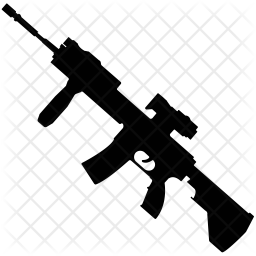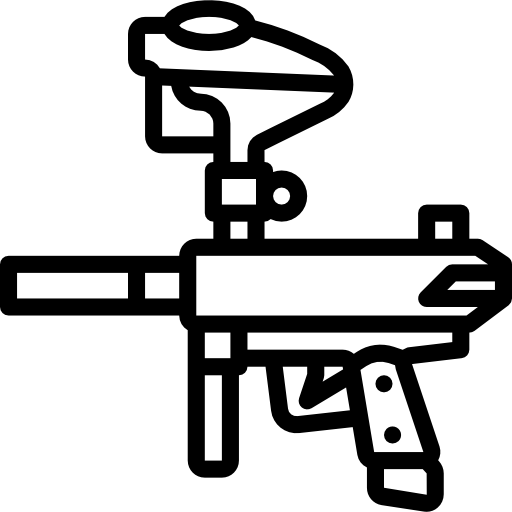No products in the cart.
Blogs
Mastering the Art of Knife Maintenance
Expert Tips from Blades and Triggers
Having a well-maintained meat or butcher knife is essential for achieving precision and efficiency in the kitchen, whether you’re a professional chef or a passionate home cook. A sharp and well-maintained knife not only improves your cooking skills but also ensures your safety when preparing food. This blog post will provide you with important ideas for keeping your meat knives in top shape.
Let’s dive in!
It is essential to use the proper knife for specific meat-cutting operations.
Different cuts of meat necessitate the use of different knives. A butcher’s knife, for example, is perfect for splitting, trimming, and disjointing huge chunks, whereas a boning knife is meant for precision tasks such as removing bones and skin. Using the right knife for the job reduces blade strain and increases overall effectiveness.
It is critical to clean your knife as soon as you have finished using it.
Avoid leaving your knife unwashed since the residues and acids from meat can cause corrosion and damage to the blade over time. To remove any food particles, rinse the knife with warm water and use a bar of moderate dish soap. Abrasive cleaners and steel wool can harm the blade surface.
Hand-wash your knife instead of running it through the dishwasher to extend its life.
Dishwashers’ strong detergents, high temperatures, and intense water pressure can dull the blade, damage the handle, or even rust the knife. Wash the blade gently using a sponge or soft cloth, making sure to clean both sides. After cleaning, carefully dry the knife to prevent moisture build-up.
Maintaining a sharp edge is critical to a knife’s performance.
Sharpening on a regular basis ensures precise cuts and lowers the likelihood of slipping and falling. Sharpen your knife with a honing steel or a whetstone. Holding the blade at a 20-degree angle, carefully slide it across the honing steel or whetstone, beginning at the heel and progressing to the tip. Repeat on both sides of the blade to ensure an even edge.
The proper storage of your knife is vital for its longevity and safety.
Avoid storing it in the same drawer as other cutlery, as this can cause scratches and dulling. To keep your blades organized and secured, invest in a knife block, magnetic strip, or knife roll. When utilizing a knife block, make sure the blade is facing up to avoid any inadvertent cuts when reaching for a knife.
Handle your knife with care to avoid unnecessary damage.
Scraping or scooping food from a cutting board can bend or damage the blade. For such chores, use a bench scraper or the spine of a knife. Avoid cutting on hard surfaces such as granite or glass cutting boards, which can quickly dull the edge. To keep your knife’s edge sharp, use hardwood or plastic cutting boards.
It is critical to oil your knife on a regular basis to avoid corrosion and keep the brilliance of the blade.
If you reside in a humid area, apply a food-safe mineral oil or speciality knife oil to the blade’s surface. This barrier layer repels moisture and prevents rust formation. Before using the knife, make sure to wipe away any excess oil.
Proper knife care is important not just for maintenance but also for safety and culinary quality.
Visit www.bladesandtriggers.com to view our Ultimate Edge Knife Catalogue.



